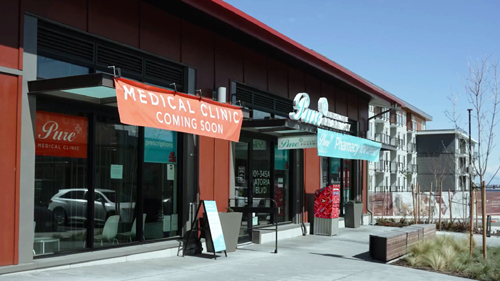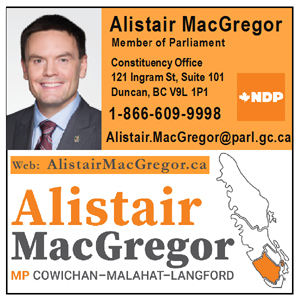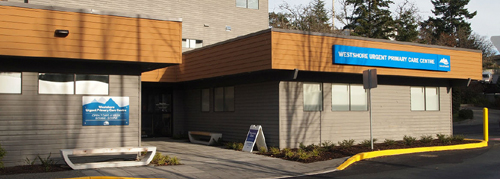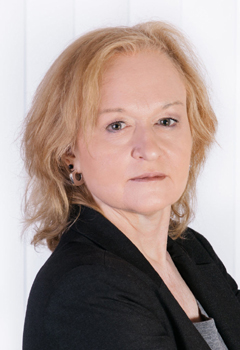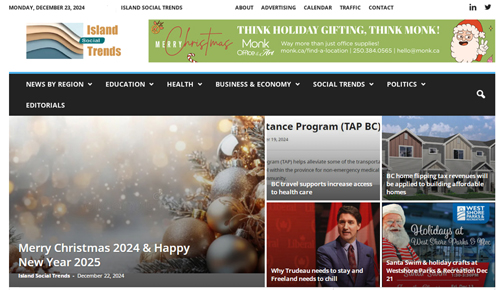Saturday December 28, 2024 | LANGFORD, BC
Political analysis by Mary P Brooke, B.Sc. | Island Social Trends
The shortage of family doctors in BC — including right here in the west shore — has long been a challenge for local politicians.
Health-care is a provincial responsibility and not the usual domain of municipal governments.
Family doctors are the frontline health-care system access point for Canadians, regardless of which province they live in.
But for at least 10 years the serious shortage of family doctors (aka general practitioners or primary care physicians) has been pushed to the attention of local west shore politicians by their constituents.
For people who are deep into politics this has been persistently puzzling.
Three west-shore towns:
The mayors in at least three west shore municipalities have gained political traction over the last 10 years or so, by taking on the doctor shortage issue. That was with the work of the late Premier John Horgan behind the scenes and in their midst in the west shore region, along with then-Health Minister Adrian Dix.
Sooke Mayor Maja Tait was first into the mix. She held her first community-wide health forum in Sooke in 2016 and still continues to spearhead that momentum (most recently another forum in fall 2024).
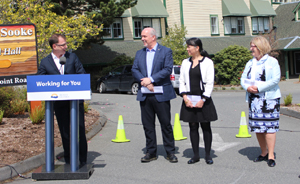
Then-mayor of Langford Stew Young was next in 2017 and 2018 who promised a tax holiday for doctors who would set up offices in his town. He supported Horgan and Dix with their opening of the West Shore Urgent Primary Care Centre in 2018.
Pause — what’s the west shore? Generally the core of it is Langford, Colwood and also Sooke. Technically-speaking in terms of the business community that also includes View Royal, Metchosin and Highlands. But Langford, Colwood and Sooke are where the population growth is. That’s where doctors are likely to set up shop, if they can and if they wish.
That’s a key point — as to the desire and intention of doctors to set up shop with offices or drop-in clinics, by whatever style or arrangement. In BC doctors are also keen business people. Even if medicine is core to their mission and career passion, they have to make it work financially.
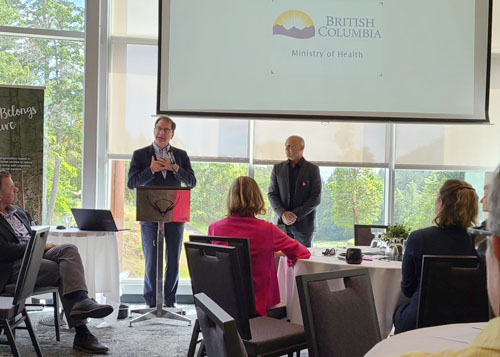
In comes Colwood Mayor Doug Kobayashi in 2022 with a passion for health-care improvements (based on his own health-scare experience), supported by then-Health Minister Adrian Dix and then-local MLA Mitzi Dean.
After much administrative work, council deliberation and local leadership input (including a Colwood leadership forum on recruiting health-care workers, in June 2024), the City of Colwood has recently emerged with their first city-paid family doctor.
The new doctor is the first of eight to come at the new Colwood Clinic in Royal Bay. The clinic’s clientele is to be comprised of Colwood residents only. Is that selfish of Colwood, or a city taking care of its residents as Mayor Kobayashi defends it? The jury is out on that.
Meanwhile, under the local leader of then-MLA Mitzi Dean (Esquimalt-Metchosin) a number of health-care system initiatives came to fruition, including the Westshore Community Health Care on Goldstream Avenue in 2021, the Westshore Mental Health and Substance Use Service Hub on Allandale Rd in 2024 (construction tour in June, opened in September), and the under-construction Island Health Colwood long-term care facility (for elderly and brain-injured) on Metchosin Road set to open in 2027 — all of them in Colwood. Dean was also instrumental in getting a new UPCC opened in Esquimalt in 2021).
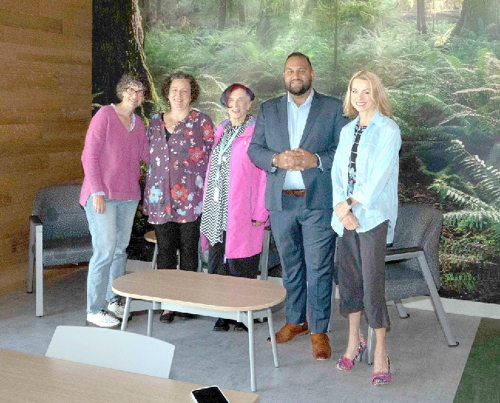
Still believing in the Tommy Douglas dream:
Ah, the slippery slope of Canada still believing that public health-care is an achievable dream. We cling to it — already with a model of government paying private practitioners, clinics and services paying for the expertise of medical and other health-care professionals.
This process of shifting to the new health-care delivery model reality is about re-educating the public about how health-care is delivered by private (paid-for) services. The key difference in Canada compared to, say, the United States — is that people pay for health-care with their health card (i.e. taxes) and not their personal finances. In Canada we may wait for health-care service availability but in the US many people go bankrupt by paying for health-care services.
The Colwood-residents-first approach still makes political believers uncomfortable as it lays bare the mechanics of how health-care delivery works and how much the current provincial system is failing.
Sometimes as Canadians we need to give our heads a shake. Everyone who lives here has won ‘the lottery of life’ to have been born here or to have been accepted into this country through immigration. The public health-care system is a dream come true for Canadians even with all its failure points. Finally politicians at all levels of government realize that changes and improvements need to be done.
It does get complicated — there is a federal health system. “Health Canada is responsible for helping Canadians maintain and improve their health. It ensures that high-quality health services are accessible, and works to reduce health risks. We are a federal institution that is part of the Health portfolio,” as the government states. But more importantly the Liberal government in recent years has begun to articulate some health-care goals.
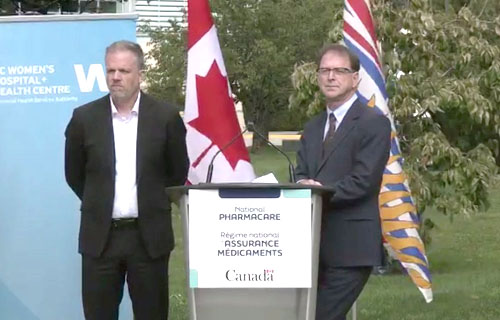
Health-care is delivered by provinces and territories. This division of powers goes back to the beginning with the British North America (BNA) that in the early 1980s morphed into the Canadian Constitution. While thanks to NDP Leader Tommy Douglas as Canadians we believe we are entitled to public health-care (i.e. care without a fee for service), the technicalities and big-money considerations of health-care delivery do vary depending on which region of Canada we live in. It is far easier to deliver health-care in big-budget provinces (like Ontario, Quebec and BC) than in other parts of the country.
British Columbians should note that a federal investment of $3 billion flowing to the province over the next 10 years through bilateral transfers is intended to cover “personal and family medicine, mental health care, supporting workers, and investing in data and technology,” as stated by then federal Health Minister Jean-Yves Duclos in April 2013. That work was furthered by current Health Minister Mark Holland together with BC Health Minister Adrian Dix in 2023 and 2024.
Public safety and health-care:
Next to public safety and a country protected at its national borders, health-care is probably the biggest responsibility of governments (though the housing crisis which highlights another point of disarray between levels of government should technically be dealt with by the general economy).
While Canada presently grapples with tantrums of party leadership and who might be prime minister in 2025, it’s important to discern which party will be able to grasp the fullness of what it means to be Canadian while protecting our borders and delivering health-care.
These are big issues which become hyper-local.
West shore practicalities and angst:
Sooke still bemoans that the nearest hospital is 35 km away (in View Royal), but really the problem is the unreliable availability of Highway 14 which succumbs to backups and standstill traffic at the whim of weather or the fate of travel, as well as a semi-rural lifestyle and economy that is not attractive to big-city doctors who might move there.
Sooke has been working on a health collective approach for 10 years, with modest progress… in March 2023 some land was designated and some provincial funding promised for a new privately-run health care centre in Sooke.
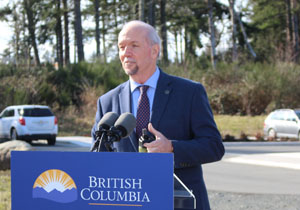
Langford residents still rely on an overloaded local Urgent Primary Care Clinic (the West Shore clinic on Goldstream Avenue) which conflicts with itself in terms of public ‘availability’ (how long does it take to get in for an appointment when appointments-by-phone-scramble at 8 am daily are nothing short of a lottery?).
We hear the City of Langford might be working on some options for local health-care support for its residents. No word yet on whether they will follow the Colwood model (municipal-privatized-blend) or somehow urge BC Health to do better with the current UPCC.
The undercurrent of health-care service availability frustration in the west shore does have a degree of positive angst — people are still expecting public health-care to be available when they need it, and seem to still push for the Tommy Douglas dream to be true.
Care delayed is diagnosis delayed and conditions untreated and probably worsened. The overall health of people in the west shore, BC and Canada continues to deteriorate as the health-care system falters (and fails).
For some it may be too soon to think about the municipal election in 2026, but how your local politicians intend to deal with health-care availability in your municipality might be one consideration when heading to the ballot box. Odd as that may be, given that the Province is really on notice here for doing better.
More doctors & front-line care in the works:
In the past few years the BC NDP government has launched the development of a new medical school which will produce more doctors. More UPCCs were opened across the province. Since his re-election in October 2024, Premier Eby is now pushing harder to sort out delays for certifying doctors incoming from international locations.
There is a lot more flexibility to include nurse practitioners as frontline health-care providers where possible. And pharmacists have been brought more into the loop, adding to their front-line responsibilities.
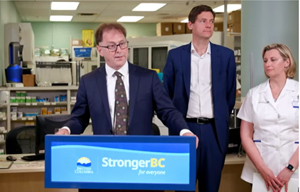
We are in the midst of complex changing times on many fronts. As people will always need health-care in their daily lives, the momentum to push for change persists with a life of its own. It’s smart for politicians at all levels to pay attention to this.
And it’s both smart and necessary for everyone to undertake a mindset and regimen of preventive health-care. A wide spectrum of lifestyle choices lead to disease and illness. In particular, as people live longer it’s important for enjoyment of life (not to mention burden on the health-are system) for each of us to do our part to support our own good health (physical and mental) and that of our families.
Be preventive, and be political. Together that combo will improve health status and outcomes for many in BC.
===== ABOUT THE WRITER:
Mary P Brooke has been publishing socioeconomic and political analysis on south Vancouver Island since 2008, through a series of publications, most recently Island Social Trends (2020 to present).
Ever the essay-writer, as a journalist and editor Mary P Brooke explores a range of issues across a spectrum of socioeconomic and political matters in both editorials and news coverage at IslandSocialTrends.ca.
Ms Brooke holds a B.Sc. in health science, with other studies in business, sociology and community education. She holds a Certificate in Public Relations and in digital marketing.
After raising her family in Oak Bay in the mid-1980s to mid-2000s, Mary has been a proud resident of the west shore since 2007 where sociopolitical issues of the south Vancouver Island region are her muse.
===== REMINDER:

- Getting something to think about out of these editorials by Island Social Trends? Please become a paying Island Social Trends Premium Digital Subscriber.
- For just $1.69+GST per week ($87.97+GST for a 1-year subscription), you will receive direct links by email or text, and a curated ENews summary with additional editorial.
- Bulk rates for Small Teams & Corporate.
- Advertisers are welcome to support independent local and regional news.
===== RELATED:
- Colwood Clinic hires first family doctor (December 28, 2024)
- Westshore Mental Health and Substance Use Service Hub has opened in Colwood (August 29, 2024)
- Recruiting & retaining health-care workers: next steps in west shore strategy (June 12, 2024)
- Westshore Urgent Primary Care shifts to appointment booking by phone (March 18, 2024)
- $1.2 billion in federal health funding to BC over 3 years (October 10, 2023)
- Pharmacy online booking system goes live June 29 (June 29, 2023)
- Duclos: data essential to appropriate health care delivery (April 13, 2023)
- New Westshore Community Health Centre will ‘make a dent’ serving 6,700 patients (November 12, 2021)
- Two-phase opening for Esquimalt urgent & primary care centre (June 12, 2021)
- New urgent & primary care centre to open in downtown Victoria (April 22, 2020)
- Nanaimo getting an urgent primary care centre (April 3, 2019)
- New urgent primary care health centre in Langford to open November 5 (October 26, 2018)
NEWS SECTIONS: HEALTH | POLITICS | LANGFORD | COLWOOD | SOOKE




